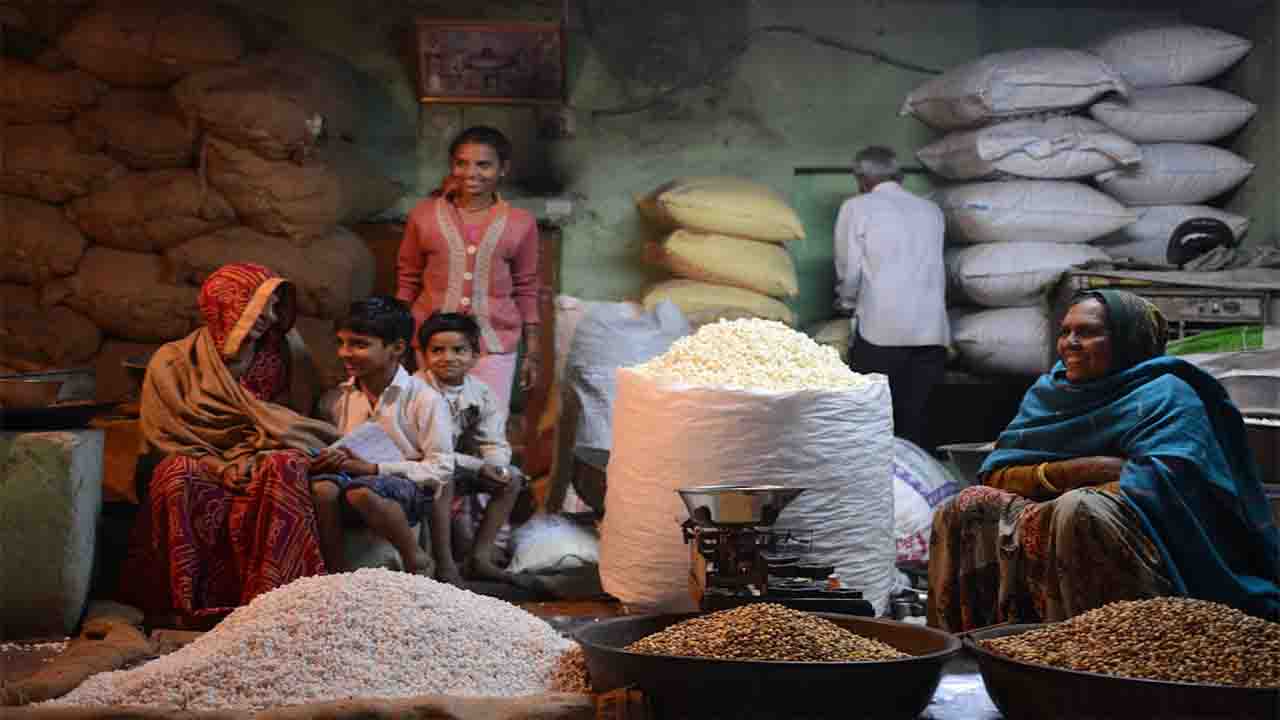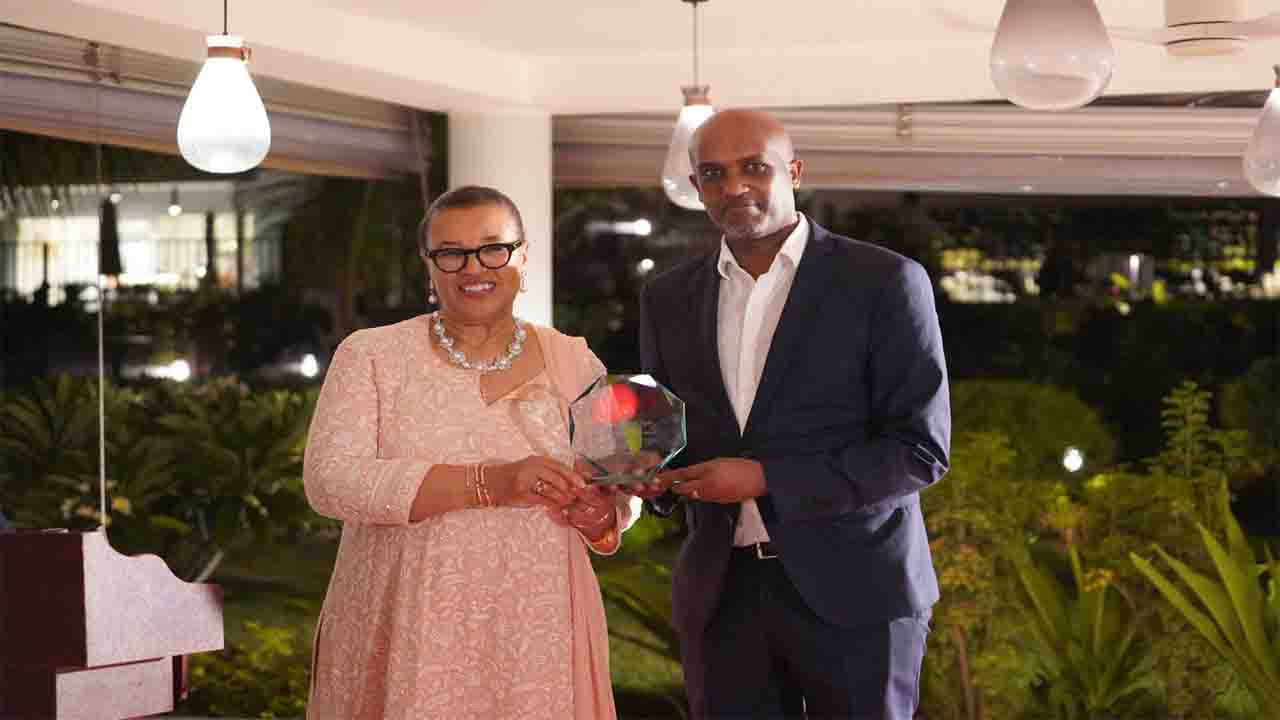It’s not every day that an indigenous person can bring home a medal but that for Cathy Freeman she killed two birds with one stone as she was not only the first indigenous person to take part in the commonwealth games but also the first indigenous woman to do so.
Catherine Astrid Salome Freeman was born in 1973 at Slade Point, Mackay, Queensland, to Norman Freeman and Cecelia Barber. Norman was born in Woorabinda of the Birri Gubba people; Cecelia was born on Palm Island in Queensland, and is of Kuku Yalanji heritage is an Australian
former sprinter, who specialized in the 400 metres event. Her personal best of 48.63 seconds currently ranks her as the ninth-fastest woman of all time, set while finishing second to Marie-José Pérec‘s number-four time at the 1996 Olympics. She became the Olympic champion for the women’s 400 metres at the 2000 Summer Olympics, at which she lit the Olympic Flame.
Freeman was the first Australian Indigenous person to become a Commonwealth Games gold medalist at age 16 in 1990. The year 1994 was her breakthrough season. At the 1994 Commonwealth Games in Canada, Freeman won gold in both the 200 m and 400 m. She also won the silver medal at the 1996 Olympics and came first at the 1997 World Championships in the 400 m event. In 1998, Freeman took a break from running due to injury. She returned from injury in form with a first place in the 400 m at the 1999 World Championships. She announced her retirement from athletics in 2003.
In 2007, she founded the Cathy Freeman Foundation.
Prior to 1987
Freeman was successful in school athletics events. After 1987, she was coached by her stepfather, Bruce Barber, to various regional and national titles.
1987–1989
Following media attention, in 1987 Freeman moved to Kooralbyn International School to be coached professionally by Romanian Mike Danila, who later became a key influence throughout her career; he provided a strict training regime for the young athlete.
In 1988, she was awarded a scholarship to an exclusive girls’ school, Fairholme College[10] in Toowoomba. In a competition in 1989, Freeman ran 11.67 s in the 100 metres and Danila began to think about entering her in the Commonwealth Games Trials in Sydney.
1990–1995
In 1990, Freeman was chosen as a member of Australia’s 4 × 100 m relay team for the 1990 Commonwealth Games in Auckland, New Zealand. The team won the gold medal, making Freeman the first-ever Aboriginal Commonwealth Games gold medalist, as well as one of the youngest, at 16 years old. She moved to Melbourne in 1990 after the Auckland Commonwealth Games. Shortly after moving to Melbourne, her manager Nic Bideau introduced Freeman to athletics coach Peter Fortune, who would become Freeman’s coach for the rest of her career. She was then selected to represent Australia at the 1990 World Junior Championships in Athletics in Plovdiv, Bulgaria. There, she reached the semi-finals of the 100 m and placed fifth in the final of the 400 m.
Freeman competed in her second World Junior Championships in Seoul, South Korea. She competed only in the 200 m, winning the silver medal behind China’s Hu Ling. Also in 1992, she traveled to her first Olympic Games in Barcelona, reaching the second round of her new specialty event, the 400 metres, and finishing 7th as part of the Australian team in the women’s 4 × 400 m relay finals. At the 1993 World Championships in Athletics Freeman competed in the 200 m, reaching the semi-finals.
1994 was Freeman’s breakthrough season, when she entered into the world’s elite for the first time. Competing at the 1994 Commonwealth Games in Canada, Freeman won gold in both the 200 m and 400 m. She also competed as a member of Australia’s 4 × 100 m squad, winning the silver medal and as a member of the 4 × 400 m team, who finished first but were later disqualified after Freeman obstructed the Nigerian runner. During the 1994 season, Freeman took 1.3 seconds from her 400 m personal best, achieving 50.04 seconds. She also set all-time personal bests in the 100 m (11.24) and 200 m (22.25).
Although a medal favorite at the 1995 World Championships in Athletics in Sweden, Freeman finished fourth. She also reached the semi-finals of the 200 m.
1996–2003
Freeman made more progress during the 1996 season, setting many personal bests and Australian records. By this stage, she was the biggest challenger to France‘s Marie-José Pérec at the 1996 Olympics. She eventually took the silver medal behind Pérec, in an Australian record of 48.63 seconds. This was the fourth-fastest since the world record was set in Canberra, Australia, in 1985. Pérec’s winning time of 48.25 was an Olympic record.
In 1997, Cathy Freeman won the 400 m at the World Championships in Athens, with a time of 49.77 seconds. Her only loss in the 400 m that season was in Oslo where she injured her foot.
Freeman took a break for the 1998 season, due to injury. Upon her return to the track in 1999, Freeman did not lose a single 400 m race, including at the World Championships.
Freeman also lit the torch in the 2000 Olympic Games in Sydney.
She continued to win into the 2000 season, despite Pérec’s return to the track. Freeman was the home favorite for the 400 m title at the 2000 Olympics in Sydney, where she was expected to face-off with rival Pérec. This showdown never happened, as Pérec left the Games after what she described as harassment from strangers. Freeman won the Olympic title in a time of 49.11 seconds, becoming only the second Australian Aboriginal Olympic champion (the first was Freeman’s 4 × 400 teammate Nova Peris-Kneebone who won for field hockey four years earlier in Atlanta). After the race, Freeman took a victory lap, carrying both the Aboriginal and Australian flags. This was despite unofficial flags being banned at the Olympic Games, and the Aboriginal flag, while recognised as official in Australia, not being a national flag or recognized by the International Olympic Committee. Freeman also reached the final of the 200 m, coming sixth. In honour of her gold medal win in Sydney, she represented Oceania in carrying the Olympic flag at the opening ceremonies of the next Olympics, in Salt Lake City, joining Archbishop Desmond Tutu (Africa), John Glenn (The Americas), Kazuyoshi Funaki (Asia), Lech Wałęsa (Europe), Jean-Michel Cousteau (Environment), Jean-Claude Killy (Sport), and Steven Spielberg (Culture).[citation needed]
Throughout her career, Freeman regularly competed in the Victorian Athletic League where she won two 400 m races at the Stawell Gift Carnival. Freeman did not compete during the 2001 season. In 2002 she returned to the track to compete as a member of Australia’s victorious 4 × 400 m relay team at the 2002 Commonwealth Games.
Freeman announced her retirement in 2003.











